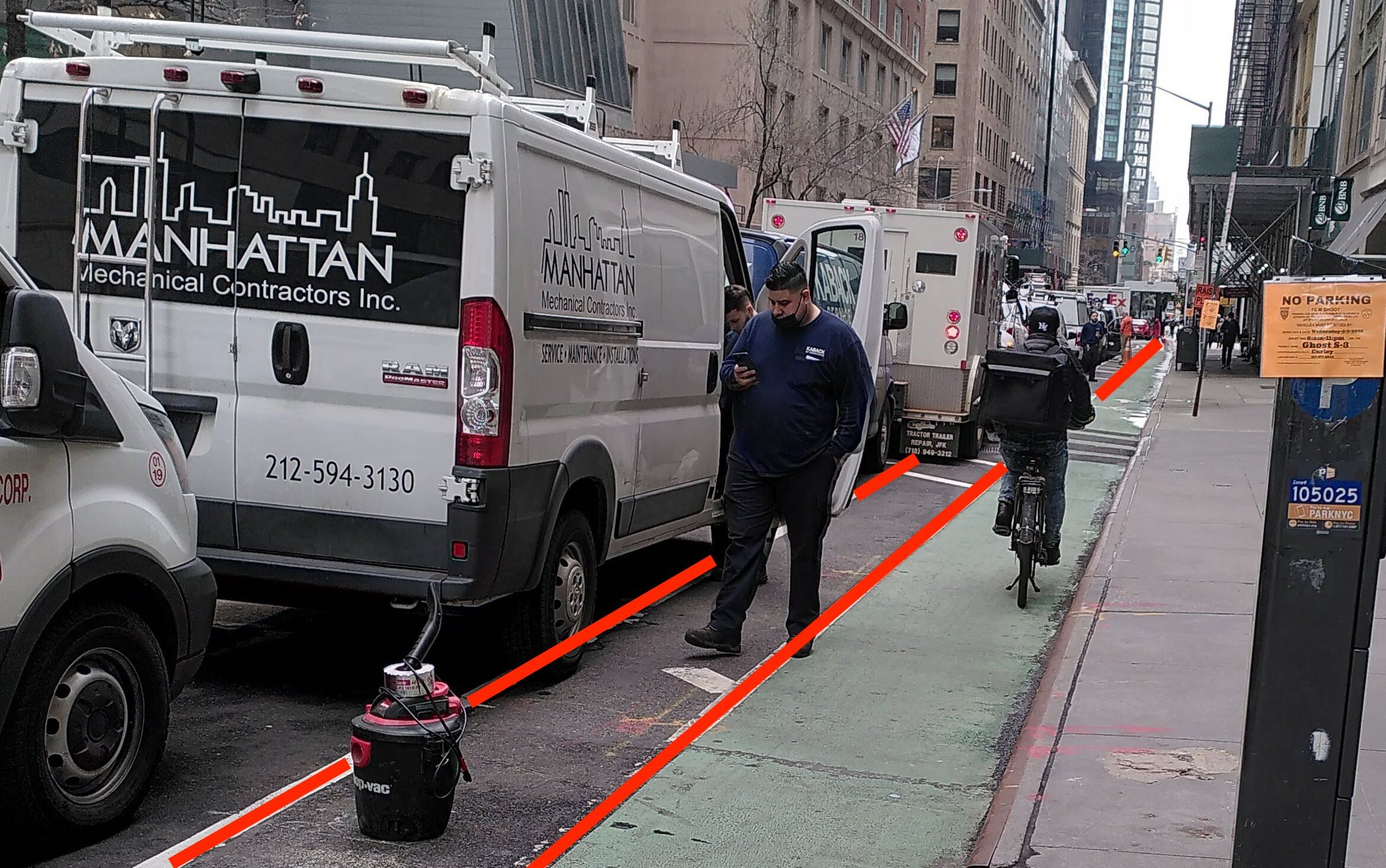Don’t run systems you don’t understand. Some people had placed billions of dollars into a cryptocurrency called TerraUSD. They were told this was a “stablecoin” that would keep a value of $1. Underlying this claim was a clever algorithm that interacted with investors and another cryptocurrency in complex ways. Until its magic no longer worked and the supposedly stable TerraUSD dropped 80%. Trading in it is now halted.
In the global financial crisis of 2008, people had invested in complex financial instruments that they didn’t understand. Many billions were lost and large institutions went bankrupt. The banks who came out of the crisis unscathed were those who had stuck to simple banking products that everyone could understand.
Take a look at your IT landscape. Can you find somebody who understands your operating infrastructure? Or have generations of DevOps engineers just googled problems and tweaked your Kafka and Kubernetes configuration until it somehow seemed to work?










